 Professors
Professors
Often times, students choose a college or major without understanding much about who might be instructing them and guiding their educational experience. We’d like to change that. While we can’t feasibly profile every forensics professor out there, we certainly aim to surface the best ones. To that end, we’ve carved out this section of our blog to host a growing collection of “top professors” lists, each researched and curated by the www.forensicscolleges.com staff. Since every top forensic professor relies on the support of a college or university, we take care to identify each professor’s institution and department as part of their profile. We also describe why they made the list – was it a novel approach, student achievement, exceptional social connectedness, cutting edge forensics research, or a clever application of new instructional technologies that made them stand out?
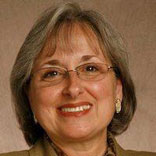
Forensic Accountants Fighting White Collar Crime
Some of the greatest crime fighters are those who fly under the radar. They are not roaming the streets for criminals or getting into car chases, but rather investigating white-collar crimes.

The term “forensics” encompasses a number of subcategories, thus many who study forensics pursue specializations in areas such as chemistry, microbiology, toxicology, entomology, or sub-specialties within those realms. Meet professors who are pushing the field forward in their chosen forensics specializations.

Top Online Legal Studies Professors
A legal studies major allows students the opportunity to familiarize themselves with all facets of the law, including legal methodologies, institutions, processes, and best practices. These professors are well-known authors, members of professional organizations, and supporting members of the community who are committed to delivering high-quality education.

Top Forensic Psychology Professors on Twitter
These professors, who are active on Twitter, were chosen for their important contributions to research and practice at the intersection of psychology, law, and criminal justice, as well as for their prominence in influential media such as scholarly journals, books, and television programs.
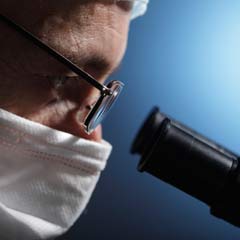
Top Professors Changing Forensic Biology
At any crime scene, tiny bits of information can be the difference between freedom and a life behind bars. From blood spatter patterns to DNA sequencing, forensic biology is the incredible field where crimes are analyzed at a molecular level.
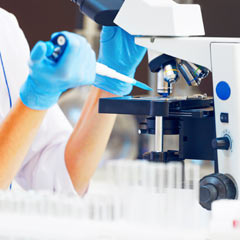
Forensic Chemistry Professors You Should Know
When there is only half a sandwich as crime scene evidence, forensic chemists are the best source for getting real criminal data; forensic chemistry is still a relatively new field, and these professors are helping to define how chemistry may be used to gather and substantiate evidence.
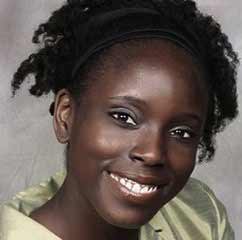
Top Criminal Justice Professors
With criminal justice being an issue that pervades all levels of society and indeed all reaches of the world, those that teach and study it have the opportunity to contribute in many different ways.
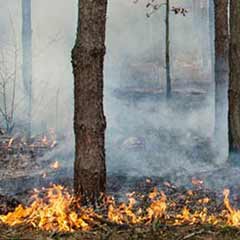
Top Arson Investigation Professors
The job of an arson investigator is essential when it comes to determining the cause of any suspicious fire. Arson investigators may work for fire departments, law enforcement agencies, or even insurance companies. While most training was once done "on the job" the tides have since shifted towards more formal, academic training in investigative procedures and fire science.



